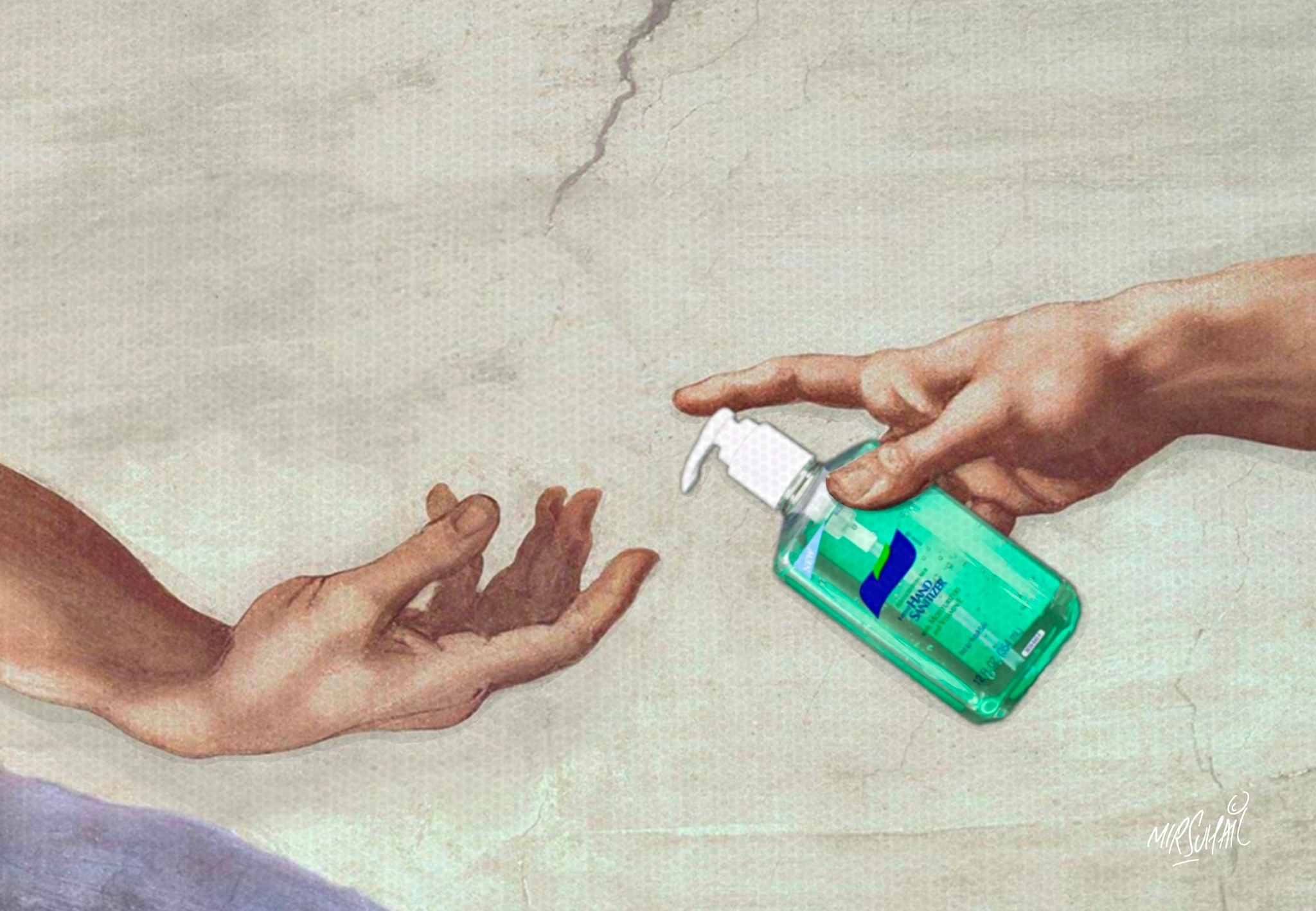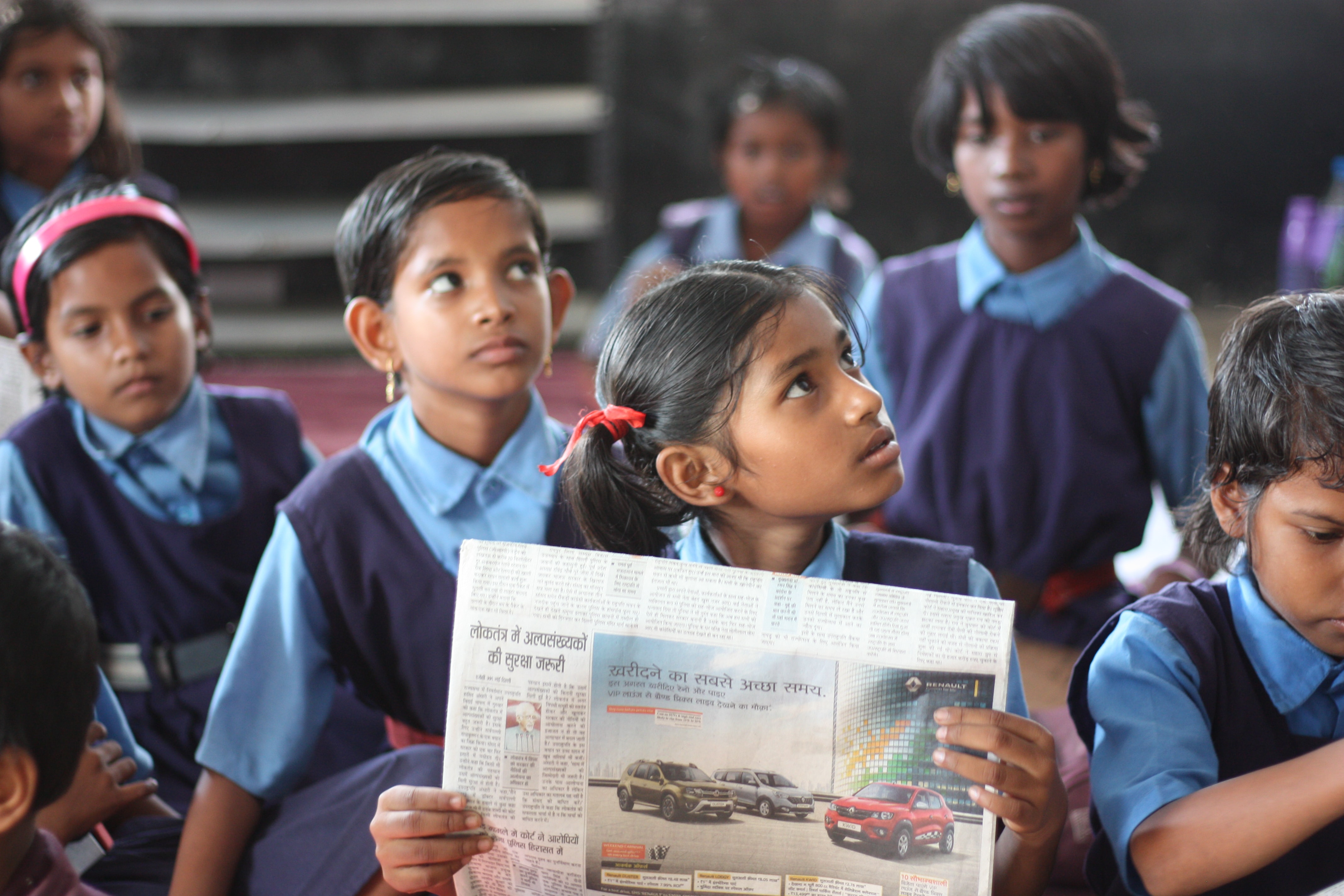This pandemic has put on display the faults lines in our economic, political, healthcare systems and soon enough the education sector.
Humanities and social sciences are not widely accepted as a viable career choice, yet. But this stream of subjects is being increasingly proven as essential and crucial as frontline workers like nurses, doctors and grocery store workers in our fight against this virus that has shut the planet.
Given the economic consequences, driving the economy to what the Chief economist of the International Monetary Fund has described as the worst since the Great Depression of the 1930s, we are very likely to see a decrease in the budgetary allocation towards education in the upcoming years, over the fact that the budgetary allocation to education has seen a depreciating trend- from FY15 to FY20, the percentage has dropped from 4.14% to 3.4% — ranking India third in education spending, amongst BRICS nations.
The Indian Higher education does not receive equitable funding along different departments.
- With family income driven down, we are set to see changes in students’ academic choices. The great recession led to changes in majors students choose, in the US. Students chose majors that pay better in the job market. The share of students majoring in humanities or social science dropped from 29% in 2008 to 23% in 2018.
- Similarly, medieval European universities witnessed a drop in the quantity and quality of scholarship that lasted for decades, after the Black Death. Given the lack of economic stability at homes in the post-covid era, might call students to move to a major that does better on the job market, or even opting out of higher education, all together.
- Another possible change could be students moving away from courses like medicine and engineering demand exorbitant tuition to others that are relatively inexpensive.
- If online classes are the way forward, this could give away to yet another pattern of choice.
Yet, for now, all this continues to be mere assumptions, what is set to happen is something only history can answer. Indian educational policy has (disappointingly) been more favourable to technical education at the cost of arts and social sciences.
This can be explained if one looks at the fund break up -a meagre 3% of Indian students are enrolled in the IITs and the IIMs but these institutes end up receiving 50% of the tertiary education funds.
One of India’s best centres of humanities education too is a victim of unequal fund break up — while the science departments of JNU receive the majority of public funds, humanities gets left behind.
A philosopher or a sociologist might look not of prime importance to a nation but it’s on years of philosophical thought that our society is built on, for a path forward we need to keep deliberating on our ideas and beliefs. Martha Nussbaum, author of Not For Profit: Why Democracy Needs the Humanities argues that the so-called soft-skills are essential for developing a “decent world culture” and maintaining healthy democracies, Study of history and culture imparts the ability to approach global issues as a citizen of the world. Study of philosophy teaches the critical thinking skills that help us reason about our choices. Participation in the creative arts fosters an empathetic capacity and allows us to imagine the challenges facing someone unlike ourselves. Nussbaum said that the discussion-and-debate format found in humanities classrooms builds the confidence required to be a whistle-blower or innovator. Dissent is integral, not just to the highly political humanities institutes but also in tech institutes that are supposedly perceived as politically neutral.
Higher education is increasingly becoming an expensive affair to Indian students, with private colleges being not financially feasible to most, students turn to public universities and colleges- but here too the picture has started to change, elite universities like the JNU, IIT and NIT students held protests last year against the hike in fees. If the fees rise further, our colleges wouldn’t see first-generation college-goers -to whom education serves as a ticket to a better life, and many other aspiring students who cant avail education at such expense.
We need to be cautious against fund cuts in education that are likely to happen due to the economic crisis, high tuition may discourage students from opting humanities and social sciences. This will prove a disaster for the overall research atmosphere as well.
In our country we have not yet been able to develop a comprehensive research atmosphere, as we aspire to see our Institutions rank higher up among other prestigious universities like the ivy leagues- we can’t afford to lose years or even decades of a well-nourished, opinionated academic environment. In the Times Higher Education Rankings-2019, only two Indian institutions found their places among the top 500 rankings of institutions in arts and humanities.JNU found a place in the 301 to 400 bracket , while DU was placed in the 401–500 bracket.
These rankings shouldn’t be seen as a reflection of what the lack of competence of Indian students and academia have produced but mostly as a consequence the institutional dilemmas that have got hold of them. Indian history has been weaved throughout by conflicting thoughts and ideas, our constituent assembly is a striking example of what would result from deliberating great ideas. We take pride in intellectuals like Amartya Sen- who is himself a product of liberal arts education. While we pride Indian students and academicians abroad heading prestigious departments and being Nobel laureates, one needs to question why those bright minds wouldn’t have found opportunities they found in the west in India.
The current lockdown in India has opened up the differences in responsiveness if a disease hits the privileged- tuberculosis hit 2.69 million Indians- mostly poor in 2018, but activists and health workers haven’t been able to bring about the necessary physical isolation and distancing norms in place for all these years, but covid-19 did this in a matter of months, since the novel coronavirus hits the elite social class as well.
The elite and socio-economically well-off individuals were able to practice physical isolation during the pandemic with ease, the underprivileged lower income groups had to choose between hunger or the virus. Though the virus itself cannot discriminate, it’s worst repercussions have been felt by the underprivileged. Existing systems and infrastructures do not guarantee equity.
All these are examples on how policy cannot be evaluated or implemented from one angle alone — even public health interventions need to go beyond just the medical point of view of the crisis, and take into account various nuances that the humanities provide. As we mark our journey through this uncertainty- to a path beyond which is equally uncertain we have to hold our humanities and social sciences strong. In a short spree of time, jobs relevant today would no longer be existent tomorrow (much of them whose labour can be easily automated). We the youth are preparing ourselves for jobs that not yet existent today and to mold ourselves to that we need to include the arts and social sciences to the curriculum of students majoring in pure sciences. Times ahead we will encounter challenges unprecedented, to tackle them, to sustain human and biological diversity, to withhold peace and harmony, we need the backing of qualified policymakers, academicians, researchers who understand society through a humane lens. Young India requires a well-developed humanities education and moving away from it would be a terrible mistake.
The objective of a ‘Think Article’ is to bring knowledge about policies in the sphere, in context to the youth of India and, if possible, influencing the policy process. The article has no motivation to pass any political judgments.
Bibliography
“Budget 2020: How India Can Fix Its Education System And Save Its Demographic Dividend”. The Economic Times, 2020, https://economictimes.indiatimes.com/industry/services/education/budget-2020-how-india-can-fix-its-education-system-and-save-its-demographic-dividend/articleshow/73760310.cms.
“Iits, Iims, Nits Have Just 3% Of Total Students But Get 50 % Of Government Funds”. Theprint, 2020, https://theprint.in/india/governance/iits-iims-nits-have-just-3-of-total-students-but-get-50-of-government-funds/89976/.
“‘World Faces Worst Decline Since 1930S Depression’”. BBC News, 2020, https://www.bbc.com/news/business-52273988.
Cheng, Michelle. “The 2008 Recession Completely Changed What Students Majored In. Will Coronavirus?”. Quartz, 2020, https://qz.com/1848486/how-coronavirus-could-impact-us-college-majors/
“Coronavirus: Universities Face A Harsh Lesson”. Ft.Com, 2020, https://www.ft.com/content/0ae1c300-7fee-11ea-82f6-150830b3b99a.
https://news.stanford.edu/news/2012/february/nussbaum-democracy-humanities-020912.html


.png)

